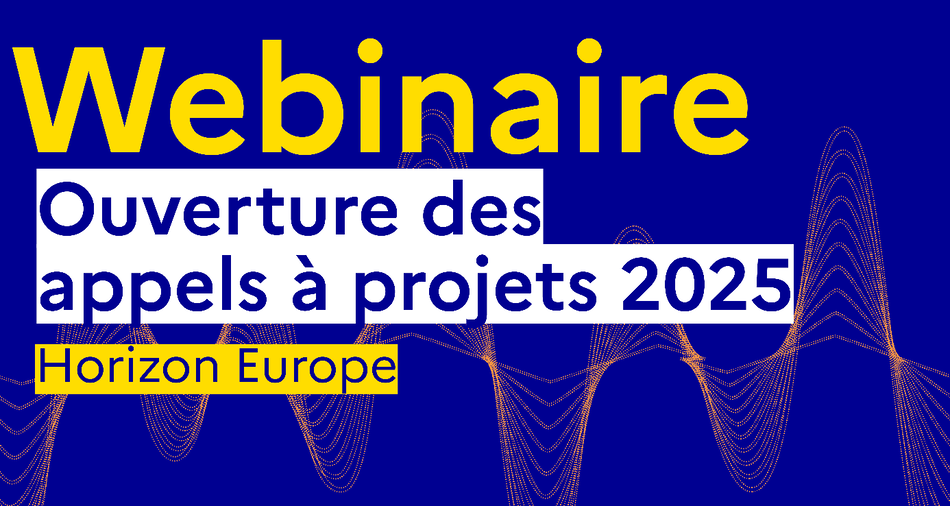ExpectedOutcome:
State-of-the-art in experimental and computational techniques for characterisation of battery materials and interfaces are targeting the scale of the atoms and ions. There is still a lack of understanding hampering the engineering of new and emerging battery technologies,, due to the complexity of interface formation and evolution as a function of time, temperature, battery cycling conditions and chemical composition of the electrolytes consisting of different salts, additives and liquid solvents and/or solid components,. Going into more depth, at process level, the time and the length scale of the electron transfer reactions remain almost completely underexplored.
Pushing the frontiers of present in situ analytical techniques is a must to more efficiently pursue research on sustainable materials and to develop greener Li-ion as well as future battery chemistries. Improvements in analytical techniques that would allow to follow the movement of interfacial reactions at the molecular scale all the way to the role of electrons at the nanoscale and sub-nanoscale, at relevant timescales and on relevant systems and interfaces, will have great impact beyond the sole battery field and would benefit to the electrochemistry field as a whole, including electrocatalysis and others. It will contribute to open up a new era for the study of transport at interfaces, which remains one of the greatest challenges of research for any electrochemist. For researchers exploring new storage concepts and engineering new interfaces, it will also provide insight into how to control the movement and redox processes of atoms. It can lead to an increased control of the electronic wiring of electrodes and a deeper understanding of the redistribution of electronic charge during redox processes.
Project results are expected to contribute to all of the following expected outcomes:
- New methods for studying electrode/electrolyte interfaces for liquid-based electrolytes and batteries and for studying solid-state and buried interfaces.
- Models for explaining the degradation of battery interfaces.
- Deeper understanding of the formation and evolution of battery interfaces, leading to new insights on how to increase the lifetime and safety of new and emerging battery technologies, and therefore contributing to the long-term competitiveness of the European battery industry.
Scope:
This topic should support the development of novel experimental and computational techniques targeting the time and length scales of interface reactions in a battery cell including electron and ion localisation, mobility and transfer reactions.
This targets the development of novel analytical techniques, supported by modelling and simulation, able to follow interface, electron and ion dynamics in battery materials and battery cells, and carefully selecting controlled model systems to implement those novel techniques.
Examples of experimental tools include operando Transmission Electron Microscope (TEM), Electron Paramagnetic Resonance (EPR), operando ambient pressure photoelectron spectroscopy techniques, operando X-ray scattering techniques, NMR, soft X-ray spectroscopy with RIXS, neutron spectroscopy, ultra-fast spectroscopic methods as well as Free Electron Laser (FEL) facilities. Other synchrotron and neutron scattering and ion-beam techniques leading to development of new understanding of interfaces can also to be suggested and implemented. The goal is to give advice and new insights on how to increase the life time and safety of new emerging technologies.
Building upon the BATTERY 2030+: this call topic addresses the need of increasing the fundamental understanding of processes in batteries at a level that will accelerate the development of more stable chemistries adapted for their specific purpose. The proposal should also cover the contribution and collaboration to the BATTERY 2030+ large scale initiative.
This topic implements the co-programmed European Partnership on ‘Towards a competitive European industrial battery value chain for stationary applications and e-mobility’.
Specific Topic Conditions:
Activities are expected to achieve TRL 3-4 by the end of the project – see General Annex B.
Cross-cutting Priorities:
Digital AgendaArtificial Intelligence





